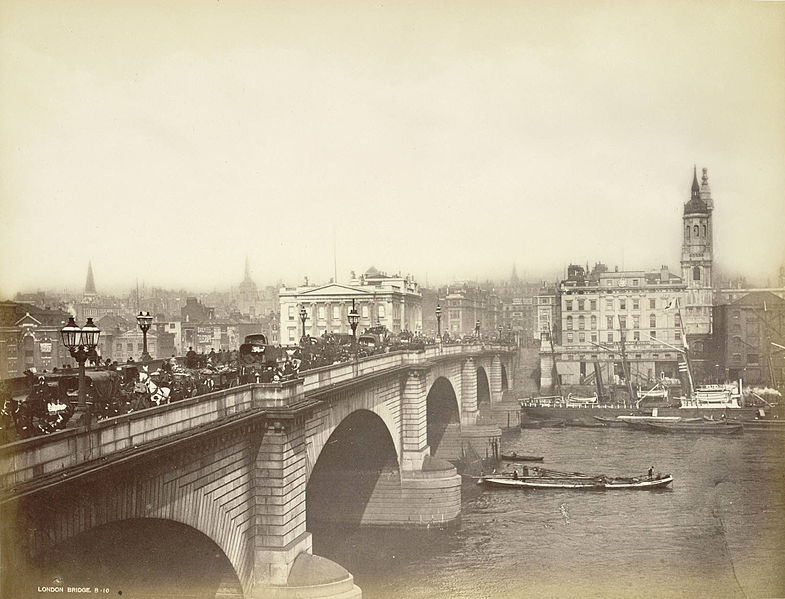https://www.youtube.com/watch?v=qoYrRZ97QCg
The lyrics to this lovely Hank Williams song are very reminiscent of this Eliot poem to me. The song itself sounds like it could play in a sort of wasteland, with Williams' melancholic singing and the fact that it hasn't been remastered. Also, for any The Last of Us (really great zombie game, which wouldn't exist with the Eliot poem) fans, this song plays in the HBO trailer and is referenced in the game itself. So it does play in that version of a wasteland.
The beginning of the Williams song describes a time before the wasteland (in his case, the wasteland is caused by a lost love). He says, "We met in the springtime when blossoms unfold / The pastures were green and the meadows were gold." Eliot never describes this time, but we understand that there was a time before, because people reminisce about it in the same way that Williams is. After Williams loses his love, and starts to enter his version of the wasteland, the song and poem become much more similar. Williams sings, "The roses have faded, there's frost at my door / The birds in the morning don't sing anymore." Either fall or winter is coming for Williams, but this line also marks where the wasteland begins to take hold. I imagine this part of the song as the unwritten part of Eliot's poem, the beginning of the end. Williams goes on, "The grass in the valley is starting to die / And out in the darkness the whippoorwills cry." The wasteland here, like the Eliot poem, is also missing plant life. A bird song would usual signify some kind of life, but in American folklore, a whippoorwill call means impending death. Had Eliot chosen to explain how we got to the wasteland, I imagine his prose would be quite similar to Williams'. The Williams poem, to me, fills in the blanks and recontextualizes some of the Eliot poem.
 A vintage Wheel of Fortune tarot card. I imagine that Madame Sosostris' set was very old looking. This card indicates a change of fortune (usually a financial change), and it could be negative or positive depending on the other cards pulled in the tarot reading.
A vintage Wheel of Fortune tarot card. I imagine that Madame Sosostris' set was very old looking. This card indicates a change of fortune (usually a financial change), and it could be negative or positive depending on the other cards pulled in the tarot reading.  This is a picture of the London Bridge in the 1920s. You can see both the fog and crowd, so it matches what Eliot describes
This is a picture of the London Bridge in the 1920s. You can see both the fog and crowd, so it matches what Eliot describes A hyacinth garden tucked along a path by an old home. I chose this image because I feel like the house matches the tone of the story
A hyacinth garden tucked along a path by an old home. I chose this image because I feel like the house matches the tone of the story